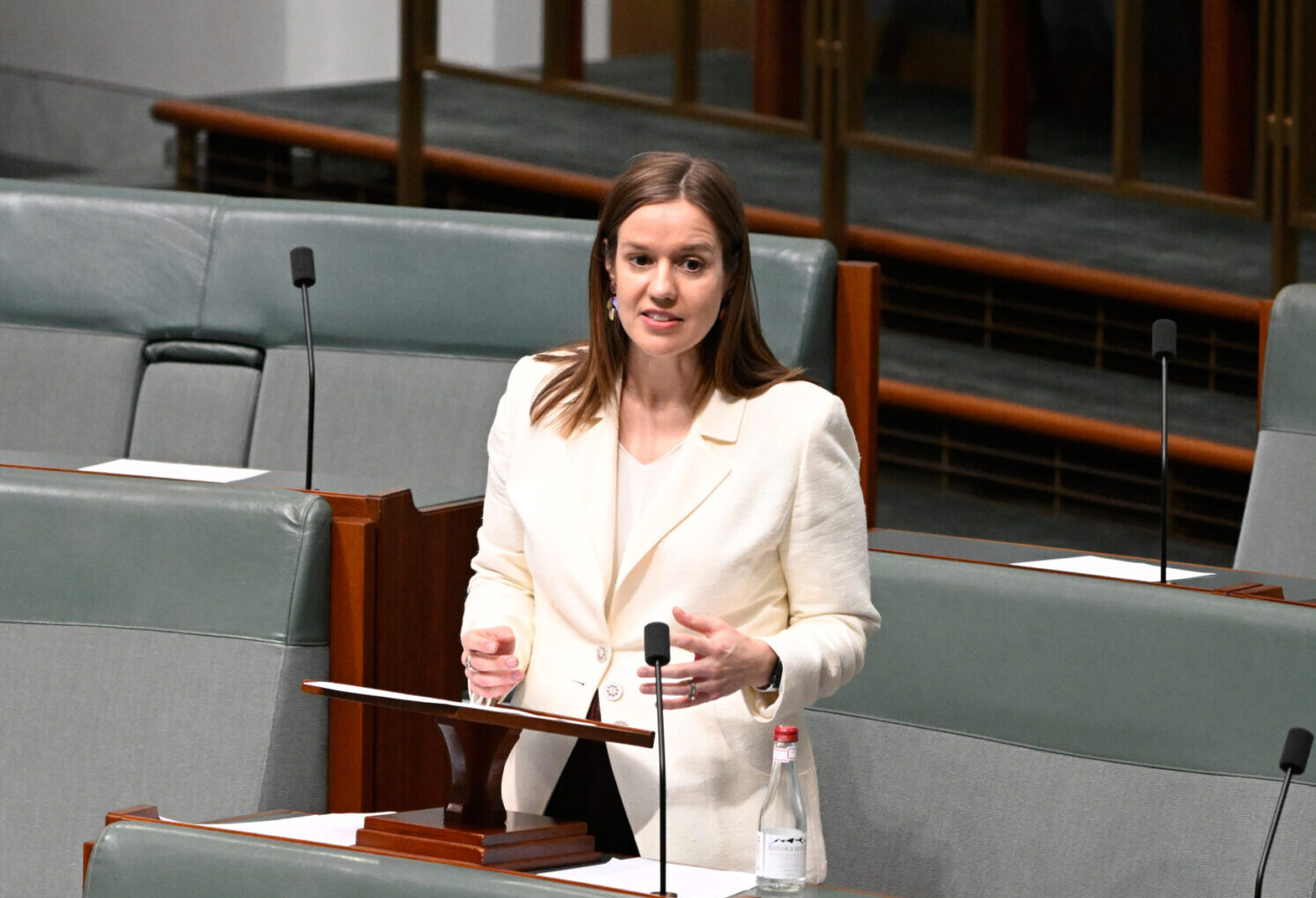It is so important that we do all we can to support student wellbeing. We know that the pandemic and all that came with it made it hard for students, not only in how they engaged in their education but also in the many other life skills that young people get from being in a school environment. I know from travelling around my electorate at the moment, talking to students, teachers and principals, that they’re still finding that they’re dealing with some of the longer-term consequences of that period we spent in COVID.
So I want to start by acknowledging all of the people in my community who I know spend so much time thinking about and working on helping to address student wellbeing. In particular is the work of teachers and principals in my community. The pandemic has changed the way many of them think about wellbeing, and there’s plenty that’s being done locally to set up new ways for students to receive wellbeing support and to feel like they have a safe place when they’re at school and they’re struggling—somewhere they can go for support. More broadly, in my community there are organisations which are doing great work to engage with young people. I’d like, particularly, to commend a local organisation, the Pat Cronin Foundation. It was formed by parents Matt and Robyn after their son Pat died from a coward punch—a punch in the back of the head. In the years since, Matt and Robyn have grown the foundation and they reach out to young people in schools, sporting clubs, youth groups and others to educate them about safety, respect and why violence is never the answer. I want to recognise them for the incredible work they do, and continue to do, for young people’s and students’ wellbeing.
Our government is funding a lot of work to support student wellbeing. I’ll start by talking particularly about the Student Wellbeing Boost. This is a program that includes $10.8 million for a new voluntary mental health check tool to enable schools to ensure students get the support they need and $192 million in additional one-off funding to every school to support students’ mental health and wellbeing. This is extra funding that principals can spend on supports such as extra psychologists and school counsellors, camps, excursions and activities that improve student wellbeing and wellbeing engagement in mental health initiatives. As I just said, it is so necessary at this time as all schools are continuing to think about how they can help students be back in the classroom and how they can help them with the socialisation that they missed out on during the period when we were in lockdown. I visited one secondary school in my community recently. The principal there said to me that he felt like some of the behaviour he was still seeing from students in year 9, the middle year of their secondary school, was more like what he’d expect from students in primary school. So there is a lot of work and support that we need to do. Our government is certainly, through this Student Wellbeing Boost and other programs, providing the support that’s much needed.
We are committed to providing support through the National Student Wellbeing Program. We’re providing $61 million per year for a new five-year agreement. Schools that participate in the program can receive up to $20,280 in most areas, with extra for remote or very remote schools, to engage student wellbeing officers or chaplains. This staffing, focused on wellbeing, will be supporting students and the wider school community, delivering parcel care services and delivering support services, such as breakfast and lunch clubs, excursions and parent workshops. This funding has been widely welcomed across the community and by organisations that work with and in schools. The Australian Council of State School Organisations have said they are ‘extremely pleased’ by the announcement the government made. The former head of Independent Schools Australia, Margery Evans, said:
The measures in the Budget for the wellbeing of students … show that the Government understands the importance of these issues.
The National Catholic Education Commission said:
These much-needed funds will help to support the provision of additional professionally qualified staff. Addressing student wellbeing is crucial to support student engagement in learning.
Of course, we do know there is more to be done. That is why the government has tasked the Expert Panel of the Review to Inform a Better and Fairer Education System with advising on how the next schools agreement ‘can contribute to improving student mental health and wellbeing’. In its work, the panel has already stated an important point:
Students with good social and emotional wellbeing are more engaged with learning and tend to have higher levels of academic achievement and attainment.
So there is a recognition of the challenge we have in front of us. There is a recognition of the support that needs to go into our schools. This will continue to be a focus of work for our government, and I know how important that is to my community and to communities right across Australia.
